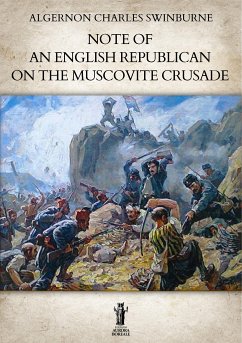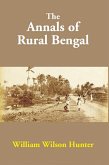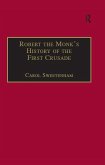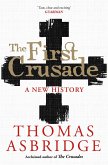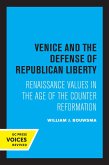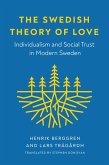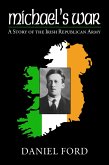Algernon Charles Swinburne (1837-1909) was a British poet, writer and playwright of the Victorian era. Active in the aesthetic circle, romantic and then decadent, he met Oscar Wilde and other famous intellectuals of the same environment, attending the Pre-Raphaelites and becoming a friend of the poet, artist and initiate Dante Gabriel Rossetti. Eccentric personality, with a strong taste for artistic provocation, his poetry was controversial and characterized by the cult of paganism. From 1903 to 1909 he was nominated for the Nobel Prize for Literature.
Swinburne’s literary output is vast and includes poems, plays, novels, short stories and essays on literary criticism.
Swinsburne’s pamphlet Note of an English Republican on the Muscovite Crusade was published in London in 1876. Swinburne had strong political views and writes with a certain hostility about Thomas Carlyle's views on the war between Turkey and Russia.
The Russo-Turkish War was a conflict between the Ottoman Empire and a coalition led by the Russian Empire which included Bulgaria, Romania, Serbia, and Montenegro. Fought in the Balkans and in the Caucasus, it originated in emerging 19th-century Balkan nationalism.
Swinburne’s literary output is vast and includes poems, plays, novels, short stories and essays on literary criticism.
Swinsburne’s pamphlet Note of an English Republican on the Muscovite Crusade was published in London in 1876. Swinburne had strong political views and writes with a certain hostility about Thomas Carlyle's views on the war between Turkey and Russia.
The Russo-Turkish War was a conflict between the Ottoman Empire and a coalition led by the Russian Empire which included Bulgaria, Romania, Serbia, and Montenegro. Fought in the Balkans and in the Caucasus, it originated in emerging 19th-century Balkan nationalism.

